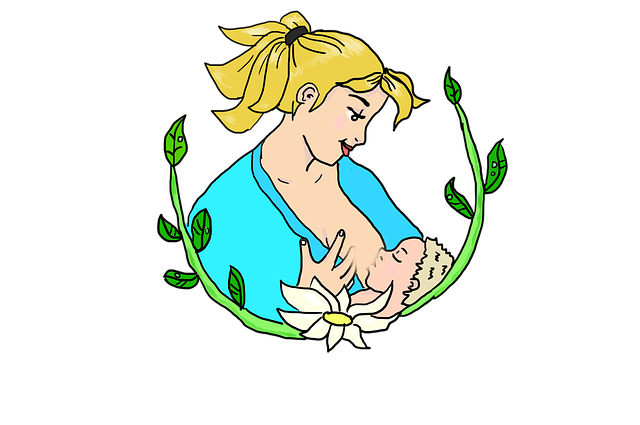How Long Should a Baby Be Breastfed?
Breastfeeding is one of the most natural and beneficial ways to nourish a baby. It not only provides essential nutrients but also fosters a strong bond between mother and child. The question that often arises among new parents is, how long should a baby be breastfed? The answer to this question depends on various factors, but health experts provide clear guidelines that can serve as a reference for parents.
The Ideal Duration of Breastfeeding
According to leading health organizations like the World Health Organization (WHO) and the American Academy of Pediatrics (AAP), babies should be exclusively breastfed for the first six months of life. This means that during this period, a baby receives only breast milk, without any supplementary foods or liquids. After the initial 6 months, it is recommended to introduce solid foods while continuing breastfeeding up to 12 months and beyond, if mutually desired by both mother and baby.
Why Six Months of Exclusive Breastfeeding?
Breast milk provides all the necessary nutrients for a baby’s development during the first 6 months. It is rich in proteins, fats, vitamins, and minerals essential for the baby’s growth and immune system. Moreover, breast milk contains antibodies that help protect infants from infections, reducing the risks of respiratory illnesses, gastrointestinal infections, and even chronic conditions like diabetes and obesity later in life.
Introducing Solid Foods After 6 Months
After 6 months, as the baby’s digestive system matures, they are ready to begin trying solid foods. However, breast milk should continue to be a primary source of nutrition during this transition. At this stage, it is crucial to follow the baby’s hunger cues and feed them on demand. Parents are encouraged to offer breast milk before meals to ensure the baby continues to receive the benefits of breastfeeding alongside solid foods.
Breastfeeding Beyond 12 Months
Many parents wonder if they should continue breastfeeding once their baby reaches one year. The answer is, if it works for the parent and the child, breastfeeding can continue well into the second year and beyond. The WHO recommends breastfeeding up to 24 months or more, as it continues to provide nutritional benefits and protection against illnesses. Studies show that prolonged breastfeeding can lower the risk of certain cancers for mothers and reduce the chances of ear infections, asthma, and other health issues in children.
Factors That Influence Breastfeeding Duration
Several factors influence how long a baby is breastfed, including societal pressures, the mother’s health, and the availability of support from healthcare providers. Mothers who receive consistent guidance from lactation consultants or have supportive family members are more likely to breastfeed for a longer period. Confidence in one’s ability to breastfeed and the intention to breastfeed for at least 12 months are also associated with prolonged breastfeeding durations.
Common Concerns About Long-Term Breastfeeding
Some parents worry about social stigma when breastfeeding beyond the first year. However, extended breastfeeding is a personal choice and offers continued benefits to both the mother and child. It’s essential to remember that every family’s situation is different, and what works for one may not work for another. The most important thing is that the baby is nourished, whether through breastfeeding, formula, or a combination of both.
The following post may interest you
Breast Milk Boosts Premature Babies’ Brain Development
Sources
Factors associated with duration of breastfeeding:
https://www.scielo.br/j/jped/a/YnZd5SHsG8h5xFG57DzRzsL/?lang=en
Breastfeeding duration and previous breastfeeding experience:
https://onlinelibrary.wiley.com/doi/abs/10.1111/j.1651-2227.2001.tb00255.x
Factors Affecting Breastfeeding Rate and Duration:
https://koreascience.kr/article/JAKO200634514799096.pdf
Breastfeeding duration is determined by only a few factors:
https://academic.oup.com/eurpub/article/16/2/162/505795
Factors that positively influence breastfeeding duration to 6 months: A literature review:
https://www.sciencedirect.com/science/article/abs/pii/S1871519210000211

